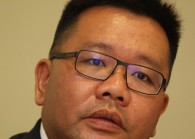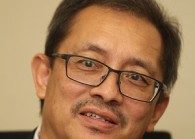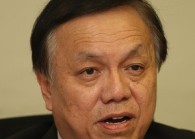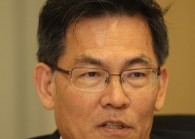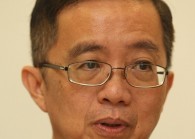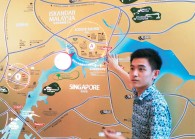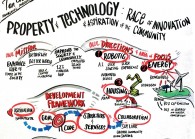The worst is over in second-tier areas, says Rehda Kedah and Perlis chairman
“If you ask me how is the property market in second-tier areas, such as Kedah and Perlis is doing, I would say the worst is over, and we may see (a) slight improvement next year,” said Rehda’s Kedah and Perlis chairman Datuk Rick Cheng Wooi Seong.
